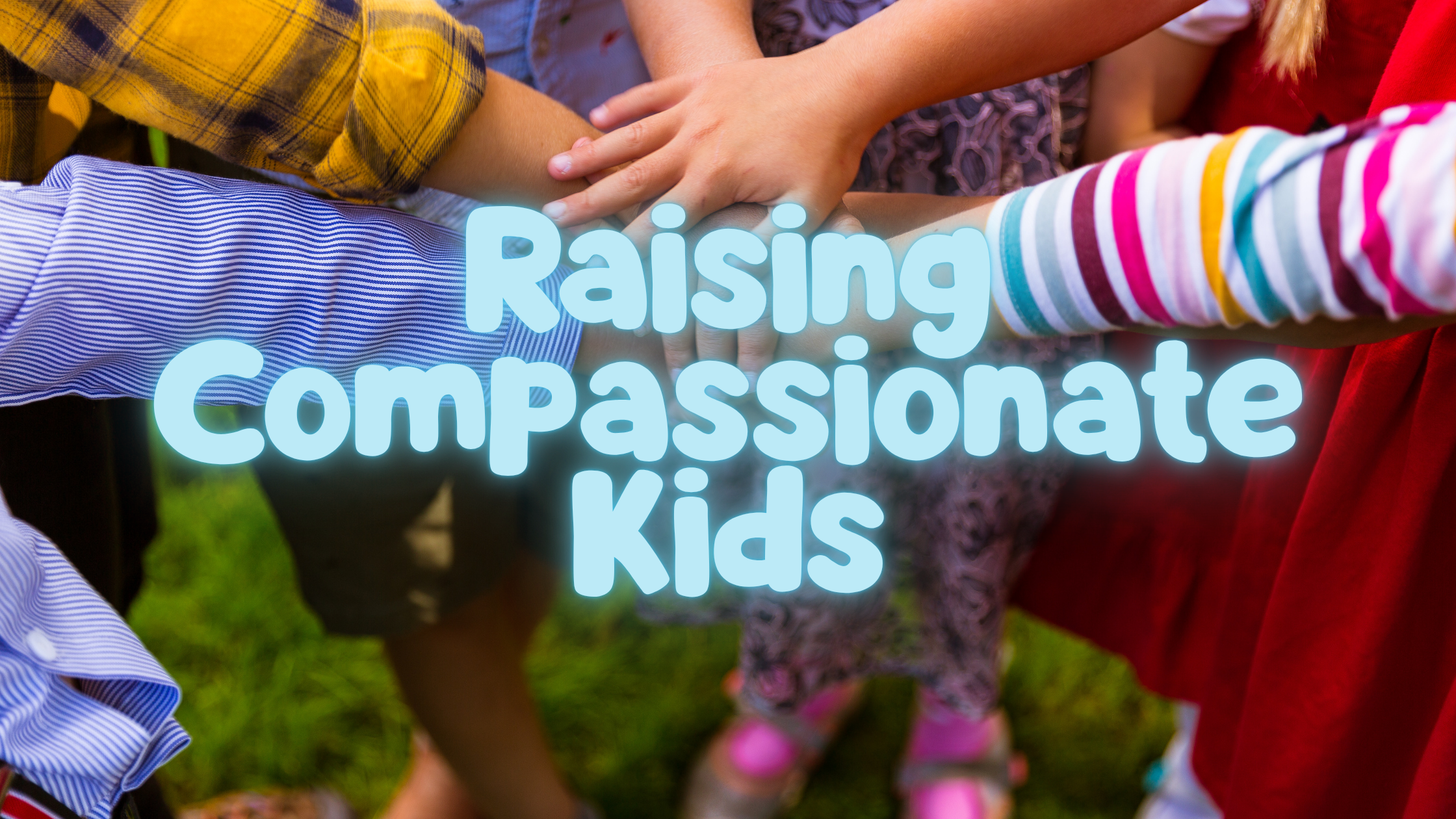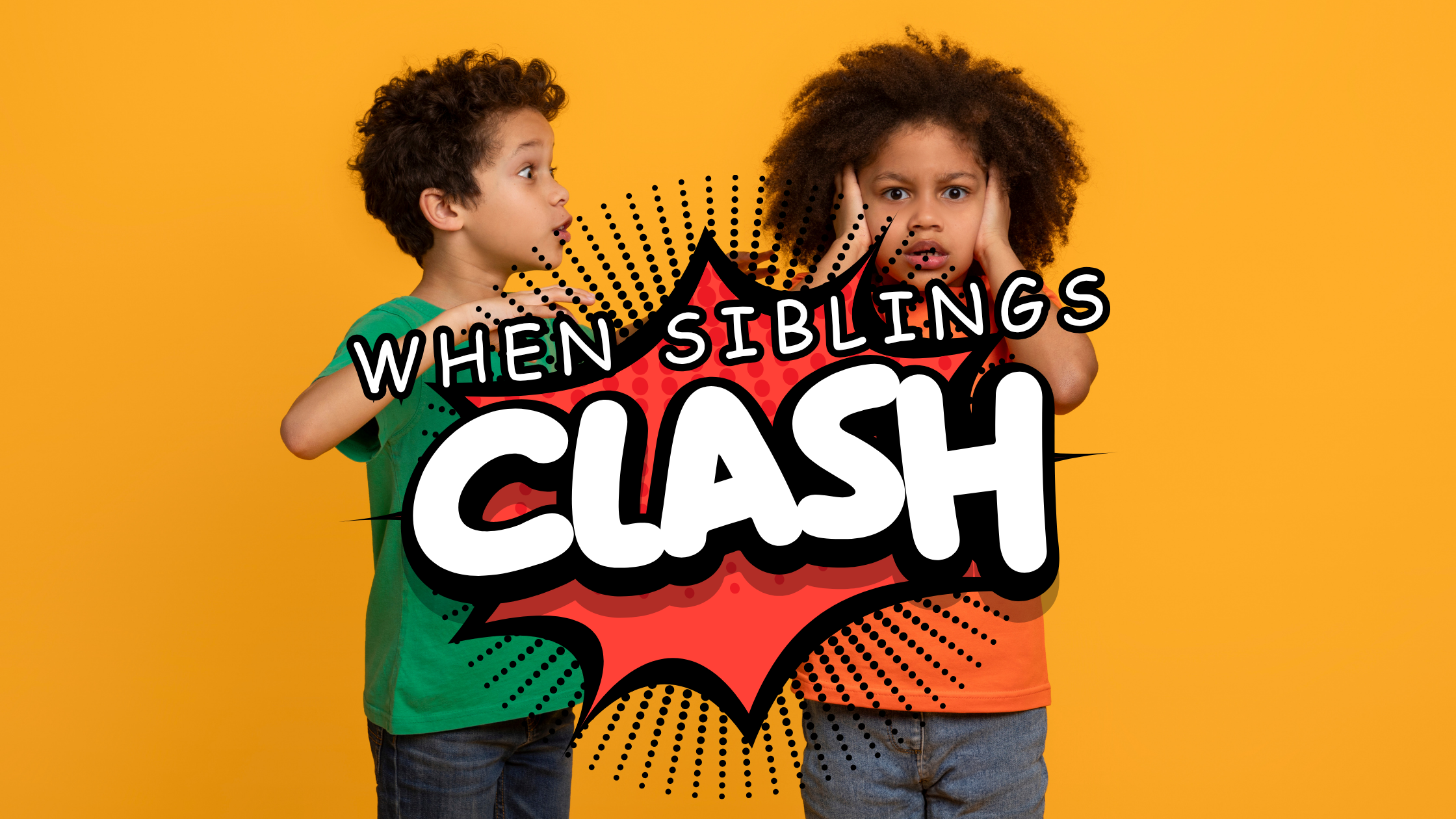Why Your Wiggly Kid Belongs in Worship
Worship Isn’t Just for Grown-Ups
You finally get everyone dressed and to church mostly on time. You step into the sanctuary, breathe a sigh of relief, and… your child loudly asks, “Is it snack time yet?” During the opening prayer.
You want to disciple your children—but in this moment, you mostly want to disappear.
Church with kids is messy. But it’s also meaningful.
Your child may not sit still through the entire service—but they’re watching, learning, and being formed.
Worship isn’t just for grown-ups; it’s a family invitation.
Let’s talk about why your wiggly child belongs in worship—and how to make that experience count.
1. Worship is for the Whole Church—Including Children
Jesus made this clear:
“Let the little children come to me; do not hinder them, for to such belongs the kingdom of God.” (Mark 10:14)
Kids don’t need to fully grasp theology to be welcomed into the presence of God. The church is a spiritual family—not a performance hall. That means even young, distracted, or energetic kids are welcome.
Children learn what it means to be part of the body of Christ by being with the body of Christ. Even if they don’t “get” the sermon, they see people singing, praying, listening, and responding. That’s formation in action.
So what if they:
Ask too many questions
Can’t sit still
Whisper too loud
God can still work through the mess. Church isn’t about flawless performance—it’s about faithful presence.
2. Start at Home: Familiarity Eases Fear
Many kids struggle in church simply because they don’t know what to expect.
You can help by giving them a preview of the experience throughout the week.
Try this:
Talk through what happens in church (“First we sing, then someone prays, then we listen.”)
Sing a worship song together that you’ll hear Sunday. Repetition builds confidence.
Role-play “church” at home—take turns preaching, singing, and sitting quietly.
When worship becomes familiar, it becomes less intimidating. And when your child knows what’s coming, they’re more likely to engage—even if they still fidget a little.
3. Let Them Learn Through Movement
Children aren’t wired to sit still for long. And that’s okay.
Wiggling doesn’t mean they aren’t paying attention. In fact, some kids focus better when their hands are busy. Movement can be part of their worship.
Instead of trying to eliminate all motion:
Give them a small notebook and crayons to draw what they hear.
Print a kids’ bulletin with simple prompts like “Draw something you heard in the message.”
Let them quietly copy down words they hear in the sermon.
These tools help them participate at their level, while giving them something to do with their energy. Remember, we’re not training them to be statues—we’re training them to be worshippers.
4. Celebrate the Moments of Connection
It’s easy to focus on what didn’t go well:
“You were talking during the prayer.”
“You kept kicking the chair.”
“You dropped your pen 17 times.”
But let’s shift the focus. Look for what did go well.
Celebrate even the smallest spiritual wins:
“You sang the whole first verse of that song!”
“I saw you close your eyes when we prayed. That’s really thoughtful.”
“You sat quietly during the sermon—great job!”
Celebration builds confidence. Your child will begin to see themselves as someone who can participate in worship, not just survive it.
5. Debrief With Curiosity, Not Correction
After the service, resist the urge to lecture. Instead, ask questions that help them reflect:
“What was your favorite part of church today?”
“Did anything the pastor said stick with you?”
“What’s one thing we can thank God for from today’s worship?”
This keeps the conversation going. It also shows that worship isn’t just a church thing—it’s a life thing.
When your child knows you’ll talk about it afterward, they’ll begin to pay more attention during the service.
Final Encouragement: Don’t Give Up
There will be Sundays when it’s tough.
There will be sermons you barely hear.
There will be snacks dropped, tantrums started, and whispers that aren’t quiet.
But don’t give up.
Because every time you bring your child into worship, you’re saying:
“This matters.”
“You belong here.”
“God is worth our attention—even when it’s hard.”
That message will shape your child’s heart more than you realize.




















